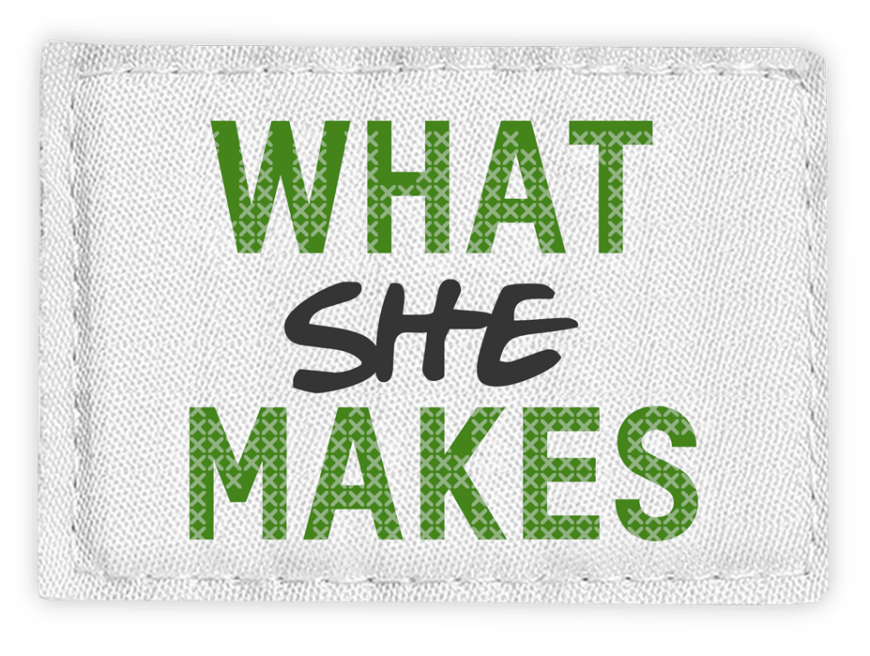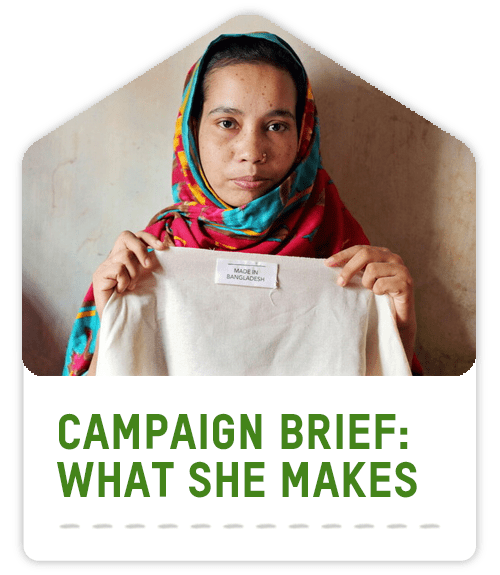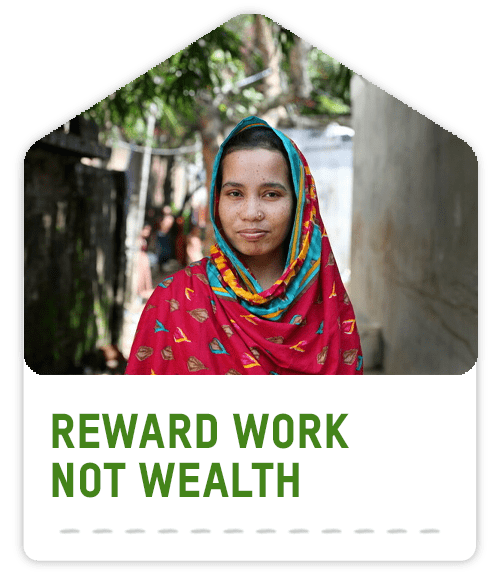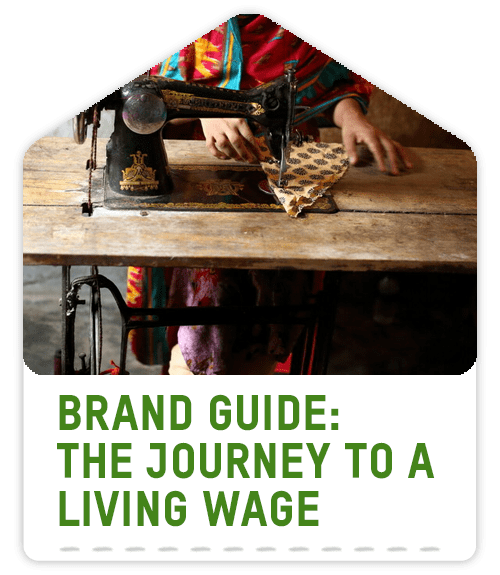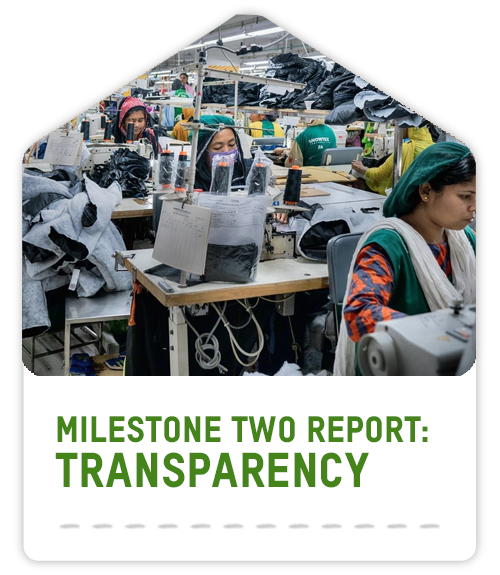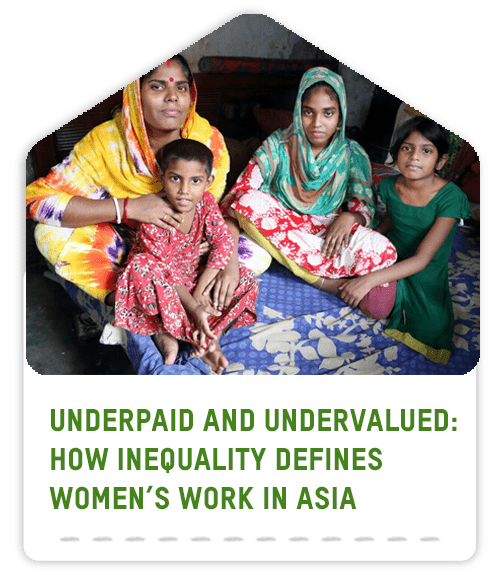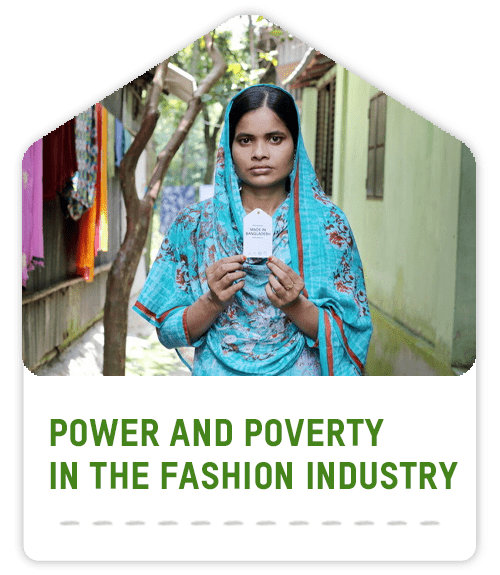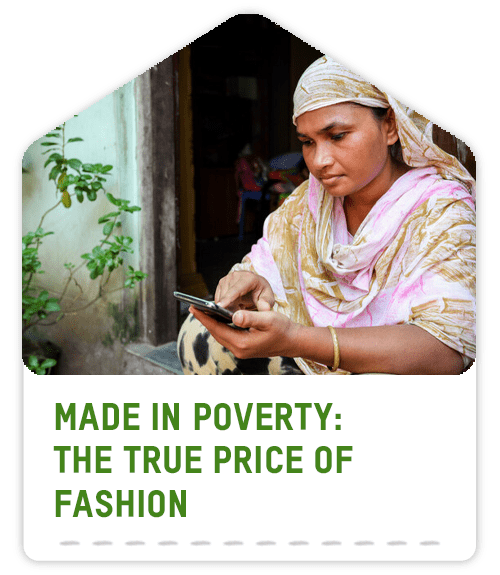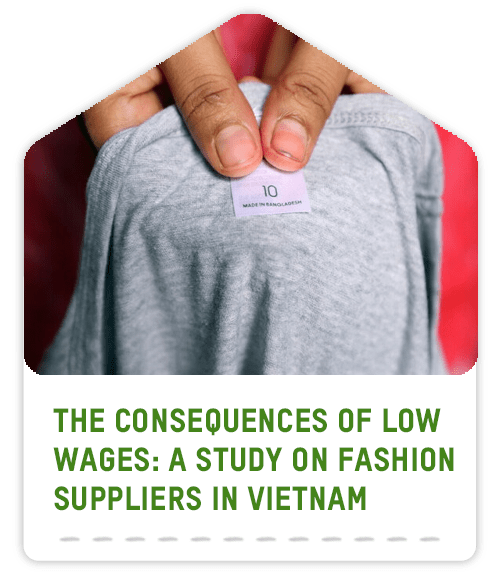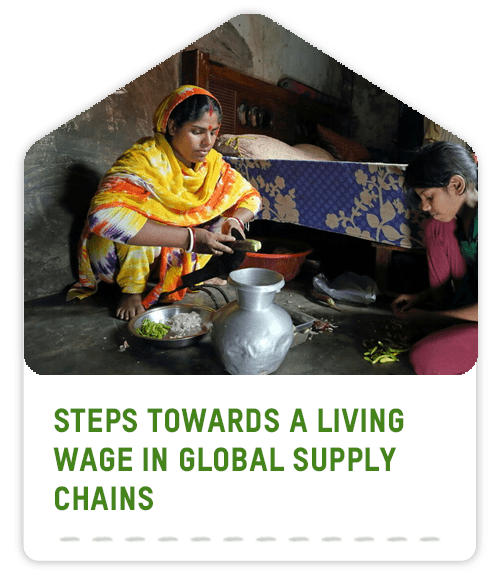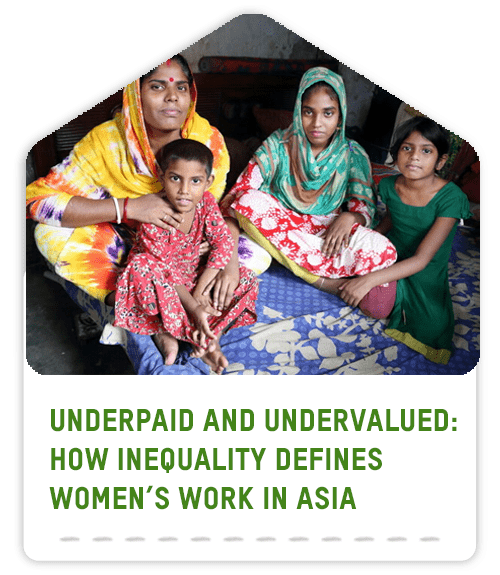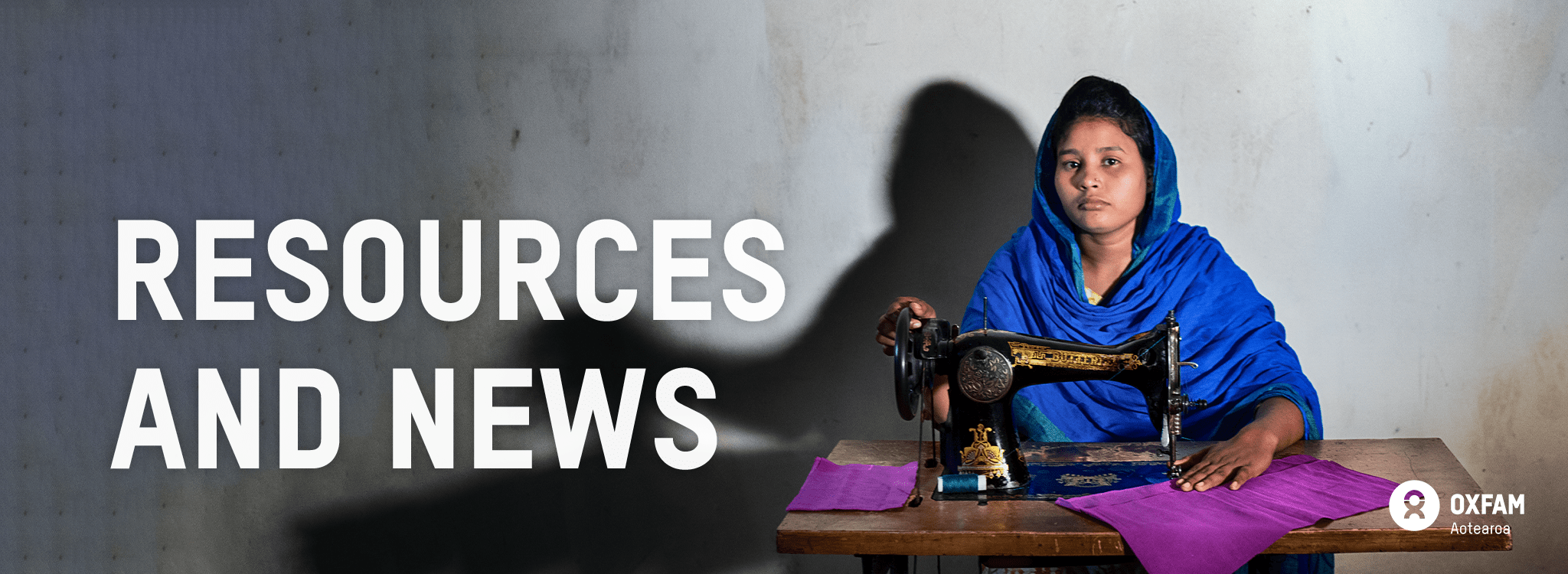
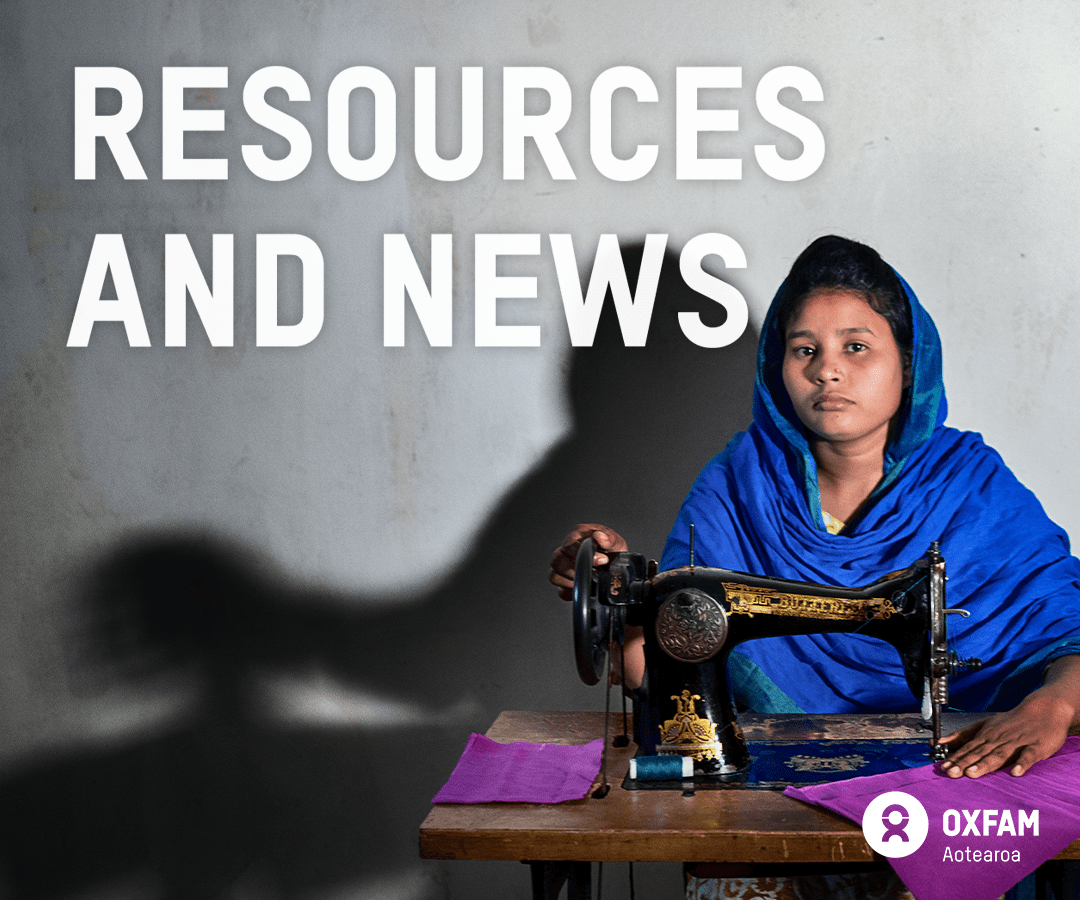
The latest:
Want to learn more about the issues facing garment workers and key terms related to the What She Makes campaign? Check out our new glossary.
The What She Makes campaign is focused on the long-term need for the payment of a living wage. Clothing brands in New Zealand have a responsibility and the power to pay the women who make their clothes a living wage and make sure they earn enough to live with dignity.
To end the inequality crisis, we must build an economy for ordinary working people, not the rich and powerful.
This document outlines how brands in New Zealand can pay a living wage to garment workers in their supplier factories. Learn how we go about rating fashion brands and tracking their progress towards paying a living wage.
This report provides a background on the importance of the second campaign milestone—supplier transparency— and why clothing brands in New Zealand should reveal the details of the factories that make their clothes.
Oxfam and Monash University found that clothing brands’ current purchasing practices exploit the women who make our clothes and keep them trapped in poverty, no matter how hard they work.
This Clean Clothes Campaign research from July 2021 shows that garment workers globally are owed 11.85 billion USD in unpaid income and severance from March 2020 to March 2021.
Oxfam Australia’s report on how little the women in the garment industry make and how poverty wages have a profound effect on their lives.
Almost a century after the ILO recognised the need for workers to earn a living wage, the question of whether wages enable workers to meet their needs and those of their families has gained renewed momentum.
Rising economic inequality across Asia is threatening poverty reduction and slowing down the fight against gender inequality.
